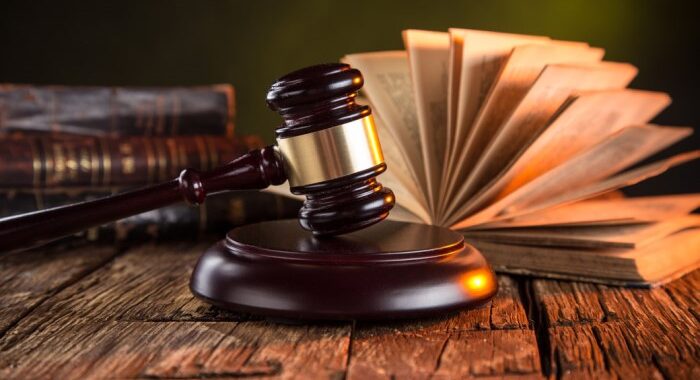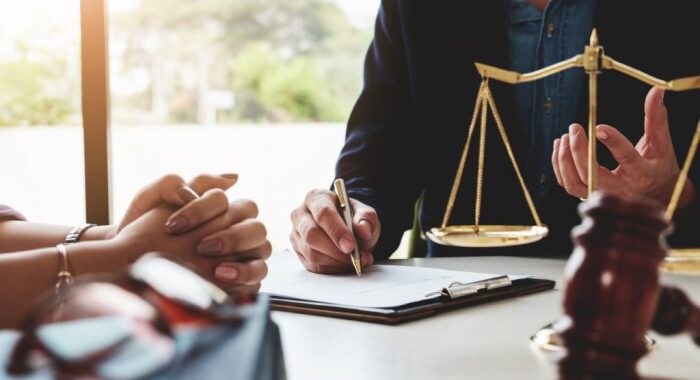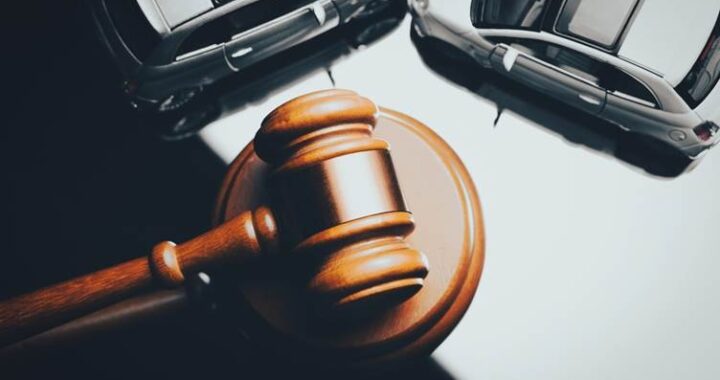Understanding the Legal Basis for Compensation After an Accident

Accidents are synonymous with unannounced shocks or damages that could leave people in constant fear and worry. Anything that mitigates the worries one experiences is the only resort.
This makes it even more important to understand how you must proceed legally to get the compensation you may be eligible for after having experienced an accident due to someone else’s negligence or intentional damage.
If you have suffered due to someone else’s action, depending on where you are, under the law, you might be entitled to receive compensation and this calls for an understanding of the law to navigate your way through the claims you can make. Consider this example search for a truck accident attorney in Philadelphia, and search by the city you live in.
Here are different legal concepts that you must be aware of when filing for any claim to get the compensation you deserve after having been in an accident:
Negligence
Most accidents are a byproduct of negligence, but the concept of negligence is not at all neglected in the eyes of the law. Negligence refers to failure to abide by and fulfill reasonable standards of protection and care, which may result in causing both bodily or mental harm to people.
Negligence is one of the prominent and primary concepts that set up the foundation for seeking compensation after an accident. However, when proving negligence, there is a list of things one has to prove, and here are all those points you need to start reading about.
- Duty of care: The responsible party for the accident must have pledged a duty of care to the party suffering the damage.
- Breaching duty of care: To make a claim against negligence, the plaintiff must prove that the defendant breached the duty of care that they had promised.
- Causation: The plaintiff further has to prove that the negligence in fulfilling the duty of care as promised by the defendant has resulted in the accident or any damages suffered by the plaintiff.
- Damages: There must be tangible proof that demonstrates that there has been an accident. There are multiple forms of damages, which include property damage, loss of income, loss of opportunity, etc.
Contributory and Comparative Negligence
Negligence is a tricky legal principle and it is important to understand how comparative and contributory negligence can change the entire setting for the legal battle. comparative negligence considers how the injured or the plaintiff has played any part in suffering the damage they did by an assessment of their fault.
This will reduce the amount of compensation that a plaintiff may seek. On the other hand, Contributory negligence leaves no room for compensation. If the plaintiff is found to have caused damage to themselves even slightly, this will be a hurdle in them receiving any compensation.
Strict Liabilities
Another term you must be aware of is strict liabilities. This legal concept revolves around situations where the defendant is to be considered responsible regardless of the intention or fault that has caused the accident.
Instances, where this legal basis for compensation applies, include sending out an expired or defective commodity that may cause harm to the user. This also includes distributing or manufacturing a malfunctioning item. In cases where such items cause accidents, the manufacturer will be strictly liable to compensate for the damages caused due to their negligence.
Intentional Harm or Torts
In case an accident is not entirely an accident but the damage has been done intentionally, intentional torts form the legal basis of compensation after an accident. Intentional harm is done after a deliberate action, allowing the plaintiff to appeal for compensation for the damages that they have suffered due to someone’s plan or voluntary action. For instance, in the case of defamation and assault, the affected individual or victim can file for compensation.
Types of Losses That Make You Eligible for a Compensation
Accidents can result in several losses and it is important to understand what these would mean when seeking compensation for what one has suffered through. Here are a few different types of damages that you can seek compensation for.
Loss of Wages
If the accident has resulted in a serious injury that has ultimately resulted in a financial loss, this might entitle you to compensation for loss of income.
In case the accident has occurred in the workplace due to someone’s negligence, you can claim compensation, but the amount of lost income is determined for the time you have not been able to work because of the injury sustained. This compensation can be provided as a wage or even covering medical expenses.
Loss of Property
Several accidents will involve loss of personal property or property damage. A major example of these includes automobile accidents and if someone else is responsible for property damage, there arises a need to settle the property damages.
This also includes instances where the property has been vandalized or someone has broken into your house. When filing for such compensation, the compensation could come in the form of repair costs or the cost of the vehicle if it was rented.
Loss of Opportunity
Being an accident also directly impacts your opportunity of being able to do things and if the accident has resulted in a loss of sight or any work opportunity, the injured party can pursue compensation against the damages suffered.
These grounds can be established when the injured person has experienced a loss of sight, hearing, or injury of any of the limbs. However, this will require credible proof that the loss of opportunity had occurred due to the accident.
Conclusion
Monetary compensation is not the goal for seeking compensation, but it is important to understand the legal basis for compensation after an accident so that those who suffer can assert their right to a normal life and recover sustainably after having experienced any harm or damage.
Depending on the situation, different legal principles apply. To navigate the process, it is extremely important and crucial that you have a knowledgeable attorney to help you clearly understand things to have a greater chance of a successful outcome.

 Pedestrian Safety Tips: Avoiding Accidents on the Road
Pedestrian Safety Tips: Avoiding Accidents on the Road  Peace of Mind After a Nightmare: Truck Accident Law and Your Well-Being
Peace of Mind After a Nightmare: Truck Accident Law and Your Well-Being  6 Benefits of Hiring the Best Car Accident Lawyer
6 Benefits of Hiring the Best Car Accident Lawyer  Common Myths about Auto Accident Claims
Common Myths about Auto Accident Claims